How Startup Programs Drive Growth in Emerging Startup Communities
A guest post by Shannon Hodgson, Presidential Scholar at Florida State University
An Overview of Research and Outreach
Every day, tech incubators and accelerators show up in more and more cities across the country. Once associated exclusively with top-tier cities like New York City, San Francisco, and Austin, entrepreneurship continues to diffuse into the ranks of small- to mid-sized communities like Tallahassee, Huntsville, and Chattanooga. The growth of these city’s startup scenes may be surprising to outsiders, but to those rallying entrepreneurs in their community it makes perfect sense.
As an undergraduate research assistant at FSU, I began my project with very little knowledge of the startup community but was interested in learning in a real-world setting, which brought me to Domi Station. To gain a better understanding of some of the best practices of startup incubators in cities like Tallahassee and to improve our own program, my research supervisor and I reached out to several startup spaces, many of which were also located in the southeast. After researching these incubators online, we sent a survey to pick their brains about the programs and practices they find most successful. While our research involved more than ten startup programs and five responded to the survey, two stood out amongst the others: Rocket Hatch in Huntsville and The Company Lab in Chattanooga. These programs provide notable examples of emerging incubators using limited resources to make big differences in their startup community.
Events Drive Startup Community Growth
The events an incubator organizes provide valuable opportunities for networking, education, and funding--opportunities that startups may not otherwise have any access to. Both Rocket Hatch and The Company Lab organize a diverse set of events. CO.STARTERS, an educational program that first launched in Chattanooga, is a nine-week program now used in over 20 locations across the U.S., including Huntsville thanks to Rocket Hatch’s facilitation. Rocket Hatch describes the program like this: “Rather than treating a startup like a large corporation and writing a detailed business plan, CO.STARTERS participants are encouraged to build and test small models first. In the process, they receive real-time customer feedback, update their models to meet customer needs and avoid creating businesses based on incorrect assumptions.” Though more of an ongoing program, CO.STARTERS' success and creative approach make it worth highlighting.
Pitch events give the community an exciting way to meet local entrepreneurs and startups.
Our research revealed other insights as well. Every company surveyed listed pitch competitions as crucial startup community events for many reasons, but networking in particular. The Company Lab’s pitch competition, Will This Float, is a themed event showcasing new startups. “Each finalist gets the stage for three minutes to tell the world (including local startup leaders and potential mentors and team members) why his or her concept is awesome,” describes The Company Lab on their website. “At the end of the evening, the winning entrepreneur receives a cash prize and a package of free business services to take his or her startup idea to the next level.” This event is a fun opportunity for entrepreneurs to network with people who could become collaborators during their startup journey. It also allows entrepreneurs to focus their efforts on a particular theme, most recently outdoor recreation and sustainability, that addresses a specific need in the community.
Everyone Needs a Mentor
Incubators cannot exist without mentors. As a result, most incubators place a considerable amount of importance on the structure of their mentorship program. The Company Lab and Rocket Hatch, as well as all other incubators surveyed, indicated that they formally assign mentors to their startups and employ scheduled office hours. The Company Lab went even further, stating that the lead mentors and entrepreneurs are encouraged to build a mentor team in addition to the lead mentor. The mentors for both incubators come with diverse experiences and career paths, including lawyers, accountants, marketing professionals, serial entrepreneurs, computer scientists, investors, market researchers, and creatives. Connecting with the mentors and utilizing the personalized direction of a lead mentor creates a vast amount of opportunity for startups to learn and grow.
Mentors in the 'Other' category included Investors and Creatives.
Challenges in the Emerging Startup World
Perhaps one of the most interesting insights uncovered by our research arose when each incubator listed a different response to the question asking them to describe the most difficult challenge facing their startup community. Rocket Hatch wrote, “changing the culture from government contracting into commercially oriented ventures,” while The Company Lab cited access to capital and the need to increase the number of investors. Creating a startup community is no easy feat, and each community faces its own unique set of challenges. It would be easy to see those challenges and become discouraged as both an entrepreneur and an incubator. However, the responses of these incubators reveal the potential to reverse the challenges and improve upon them. Neither company listed a problem without offering a solution or a drive to change. This kind of attitude is the fuel behind a successful startup incubator. Each wants to see entrepreneurial growth in its city, making it a mission to contribute knowledgeable and driven startups to the community.
**Bonus Data on Incubator Funding sources
The programs we surveyed identified a variety of funding sources, however a clear emphasis on corporate sponsorship and private funding emerged.
An active and supportive angel network, followed closely by formal venture capital, appears vital to the success of an emerging startup community.




